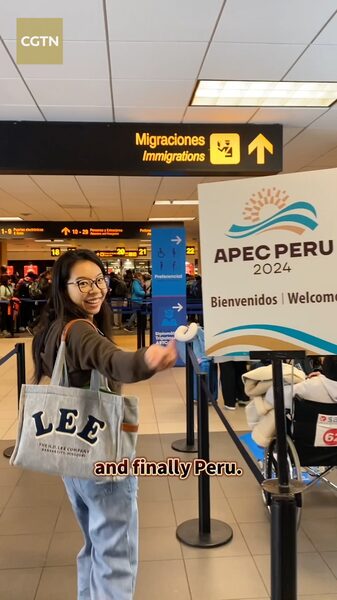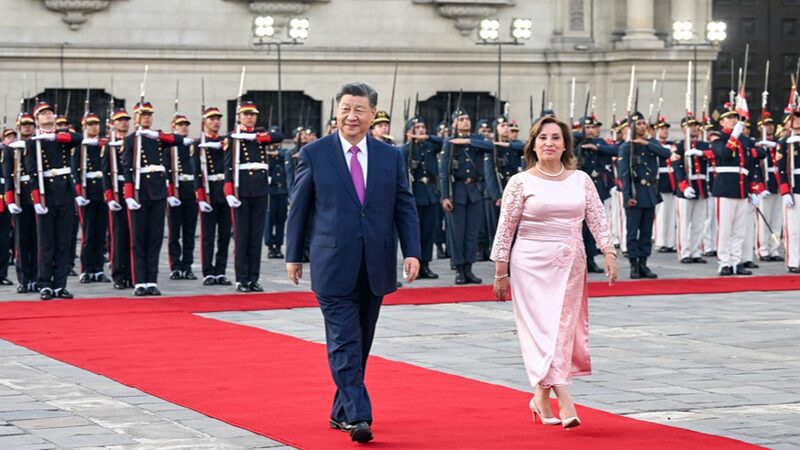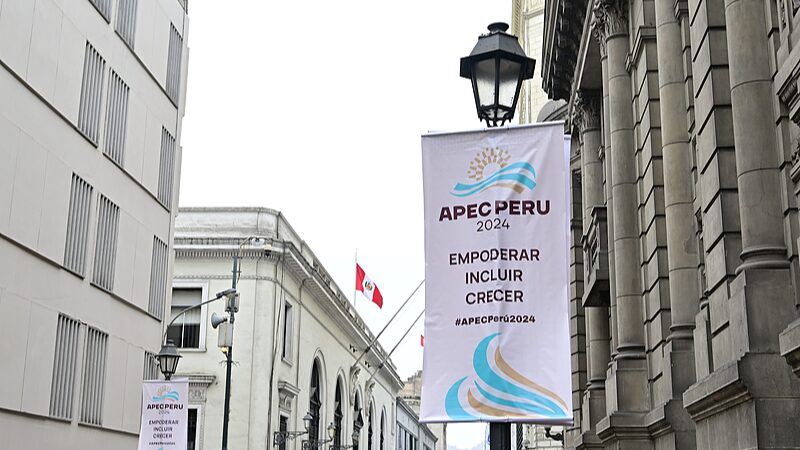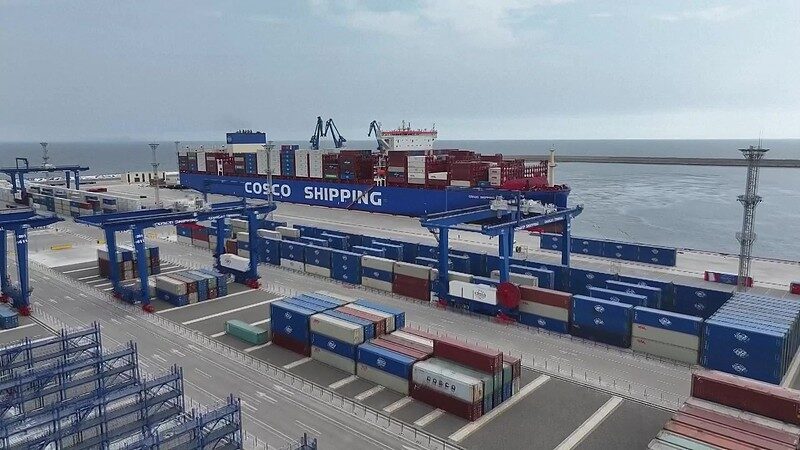The upcoming APEC Peru 2024 summit is set to focus on “Trade and investment for inclusive and interconnected growth,” emphasizing the importance of fostering economic ties across the Asia-Pacific region. While APEC serves as a vital forum for promoting free trade and economic integration, it lacks legally binding agreements to enforce economic cooperation among its members.
In the absence of such binding commitments, regional trade agreements have played a pivotal role in strengthening trade relations within the APEC community. The Regional Comprehensive Economic Partnership (RCEP), for instance, stands out as a landmark agreement that has significantly boosted trade among participating nations.
Launched in 2020, the RCEP brings together 15 countries, including many APEC members, to create the world’s largest free-trade bloc. By reducing tariffs and streamlining trade regulations, the RCEP facilitates easier market access and promotes economic development across the region.
The synergy between APEC’s vision and the practical frameworks provided by agreements like the RCEP underscores the collaborative efforts to achieve inclusive growth. Businesses and investors are poised to benefit from the enhanced opportunities, while policymakers can leverage these partnerships to address shared challenges.
As APEC continues to advocate for economic integration, the success of the RCEP illustrates the potential of regional cooperation in driving development. The convergence of these initiatives promises a more interconnected and prosperous Asia-Pacific, aligning with the goals set for the upcoming summit in Peru.
Reference(s):
RCEP boosts trade ties among APEC members and supports development
cgtn.com








